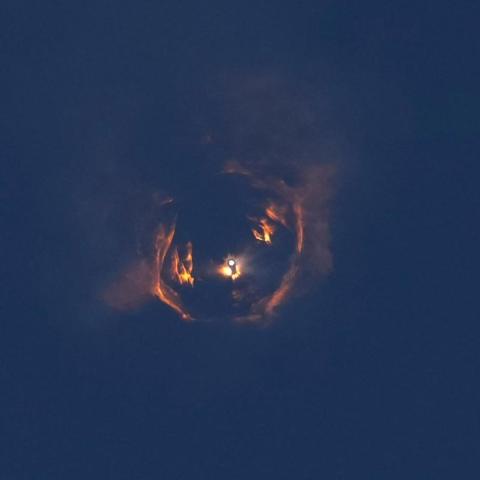Donald Trump recently hinted at extending U.S. military actions against suspected drug smugglers from Venezuela, potentially moving these operations onto land. During a press conference, he mentioned the possibility of consulting Congress about this action, though he believed it would face little opposition.
“This land is going to be next,” Trump stated after a meeting with his administration. So far, military strikes in the Caribbean and South America have already claimed at least 37 lives. Trump and Secretary of Defense Pete Hegseth have framed these drug traffickers as threats to U.S. safety. Hegseth went as far as to compare them to al-Qaida, saying they’re waging war on American borders.
While speaking, Trump dismissed a report about U.S. bomber flights near Venezuela. Analysts suggest the focus on drug trafficking might actually serve a broader agenda: removing Venezuelan President Nicolás Maduro, whom Trump has labeled a “narco-terrorist.”
Surprisingly, not everyone is on board with the military strikes. Even some of Trump’s supporters and Democrats express concern. Senator Mark Kelly raised questions about the effectiveness of such actions. He pointed out that previous U.S. interventions, like in Iraq and Afghanistan, often led to unintended consequences and increased risks for American soldiers.
This debate reflects a critical challenge facing U.S. foreign policy: how to balance the fight against drug trafficking with the risks of entangling military actions. Over the past few years, the opioid crisis and increasing drug violence have illustrated the pervasive impact of drugs on American society.
According to a recent survey, 61% of Americans believe that military action is not the solution to drug trafficking issues. The methods for addressing these concerns need careful consideration to avoid repeating past mistakes.
Source link




















